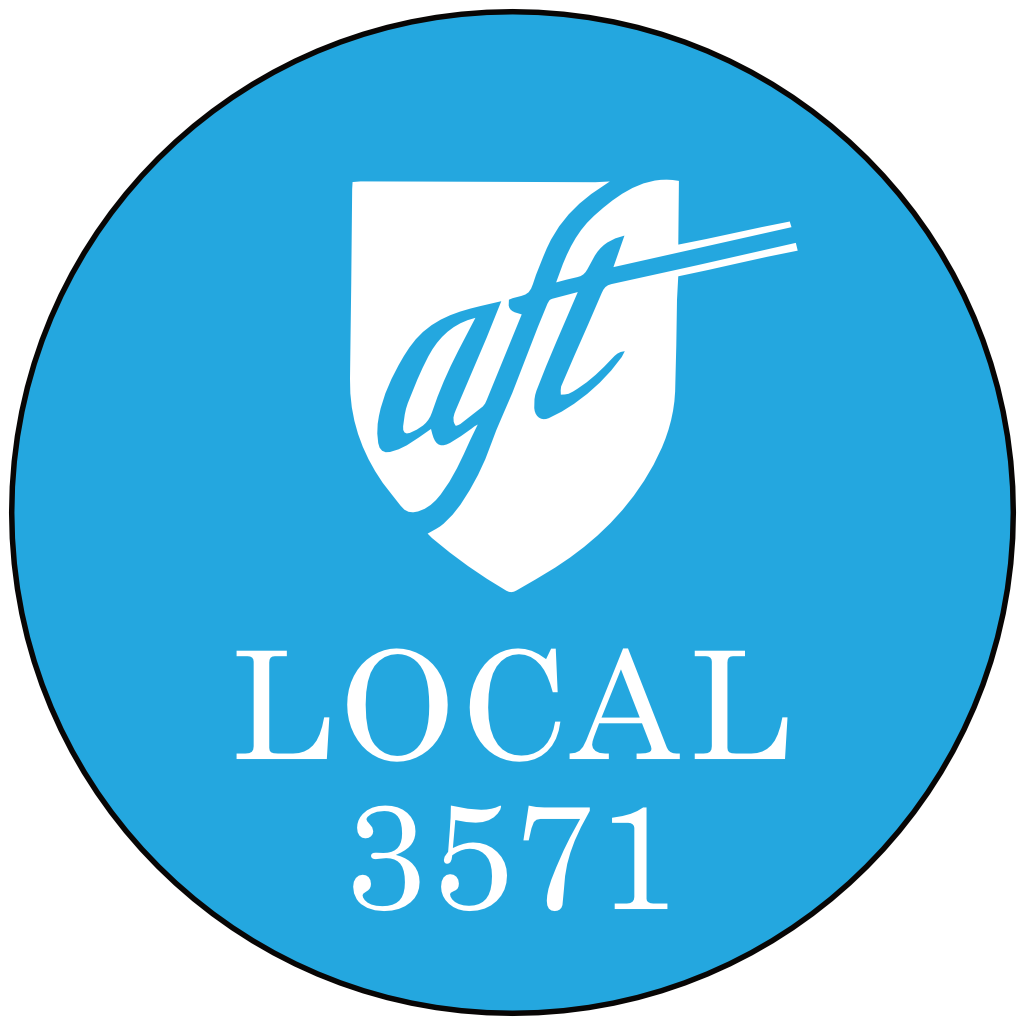We arrived at the virtual bargaining table alongside PSU with hopes that beginning the day on certain non-economic issues would help us move in a productive direction. We began by addressing Article 3, Union Rights and Privileges. PSU presented their latest thoughts, concerns, and suggestions. Primarily, PSU found that our estimation and need of “Worksite Location” being the in-person or online classroom space was neither accurate nor achievable for their reporting requirements. Our disagreement on the definition of “Worksite Location” took the majority of our time previously allotted to discussing other non-economic items at today’s table. While it might not sound like a major impasse, PSUFA is entitled under Oregon House Bill 2016 to give reasonable access to you, our members, including the ability to meet at these regular, worksite locations.
HB2016, for those not familiar, is an Oregon House Bill inspired by and in reaction to the Supreme Court’s Janus vs. American Federation of State, County, and Municipal Employees, Council 31. Janus radically curtailed union rights and privileges. The Oregon House, in their wisdom, legally framed our current rights with this Oregon bill and PSUFA requested PSU provide us the classroom worksite information each term in order to fulfill that legal obligation. The ability to find and support our bargaining unit members is crucial to welcoming new faculty to PSU, reducing isolation of adjuncts, and more effective organizing. It was distressing to hear PSU statements, which we believe illuminated actual opposition to effective organizing. We were also reminded of the general lack of attention adjuncts receive from PSU, as employees and dedicated laborers.
This was further demonstrated when PSU categorized our “Worksite Location” as “Portland.” Their justification was, in essence, so they could produce an “accurate report” when, and if, they decide to follow the legal requirements of House Bill 2016 as presented by PSUFA. We did not reach even a partial agreement on the issue, but will work toward language that fulfills our legal rights and will pursue other remedies if needed. After no further movement on the subject, we turned our discussion to economics.
PSU presented an updated economic package similar in total cost to their initial package presentation. They did craft minor alterations in their offer suggesting slightly higher per-credit increases—ones that would not go into effect until a later time. They also offered a pool of money for a one-time “Length of Service” bonus to be distributed in the 2020-21 Academic Year. We are interested in the marginal movement, but reiterated that if PSU and PSUFA share an interest in creating a more sustainable, equitable institution, the lowest paid and most vulnerable workers need to be offered a fair wage and fair economic package, which honors the substantial and ongoing contributions to the University.
After reviewing PSU’s updates, PSUFA unveiled our economic package with fuller details on the entirety of our needs. In past full bargaining sessions, PSU had maneuvered around considering “packages,” but then presented exactly that in our last full bargaining session. We met them in this effort, but it wasn’t as appreciated as we had hoped. PSU expressed alarm at the extent and scope of our detailed economic needs and our plan to arrive at parity with full-time colleagues. We are committed to our package; although we fully understand PSU is not agreeing to any of our inclusions so far, we believe we honored our actual, material needs as they exist in reality.
We look forward to continuing discussions on the entire Collective Bargaining Agreement and especially economics during our next full bargaining sessions on December 17 and 18. Join us by signing up to be a bargaining observer here!
